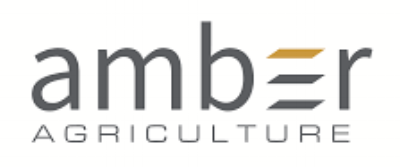Imperfect Produce
/Overview
Imperfect Produce is an organic grocery delivery startup that sells produce that would otherwise be discarded due to cosmetic imperfections. 20% of consumable food is wasted in the US because it is not visually appealing enough for grocery stores to display on shelves and farmers just discard these items to waste. The business model behind Imperfect Produce and its competitors which include Misfit Foods and others is a simple one: buy this produce that would otherwise be discarded for pennies on the dollar from farmers and sell to consumers for 30-50% less than market price. To be clear the produce they are buying is just as healthy and nutritious as what’s in grocery stores, it simply has some sort of visual (often minor) imperfection.
Orders are placed through a subscription box model online or via their mobile app. They are a double bottom line organization, which are becoming more popular as business entities.
The team is based in San Francisco, California.
Why I like Them
I like the mission and the problem they are trying to solve. In the US alone an estimated 30% of the consumable produced food goes to waste, a staggering and shocking amount, especially when considering the environmental impact and amount of energy needed to produce all this food. One recent study estimates very year, 30 million acres of cropland, 4.2 trillion gallons of water, and nearly two billion pounds of fertilizer are used to grow food that’s never eaten,
I also like that they give easy access to high end organic produce for even those in the lower income spectrum, and helping small farmers with produce they would otherwise dispose of and take a monetary loss on.















